In a 2015 report from the US State Department of Commerce, STEM-related (Science, Technology, Engineering, & Mathematics) careers grew six times faster from 2005-2015 than non-STEM careers. It only makes sense that this trend will continue. We consider careers like mechanical engineering, computer programming, or being a NASA rocket scientist when we think of STEM. But, what about the maritime industry?
If we think about it, it shouldn’t be hard for people to see how STEM branches out, offshore. Naval architects designing ships, the marine engineers maintaining the power plant and equipment, the deck officers in charge of navigation and maintaining position, and the oceanographers on research ships also, have their beginnings in STEM education.
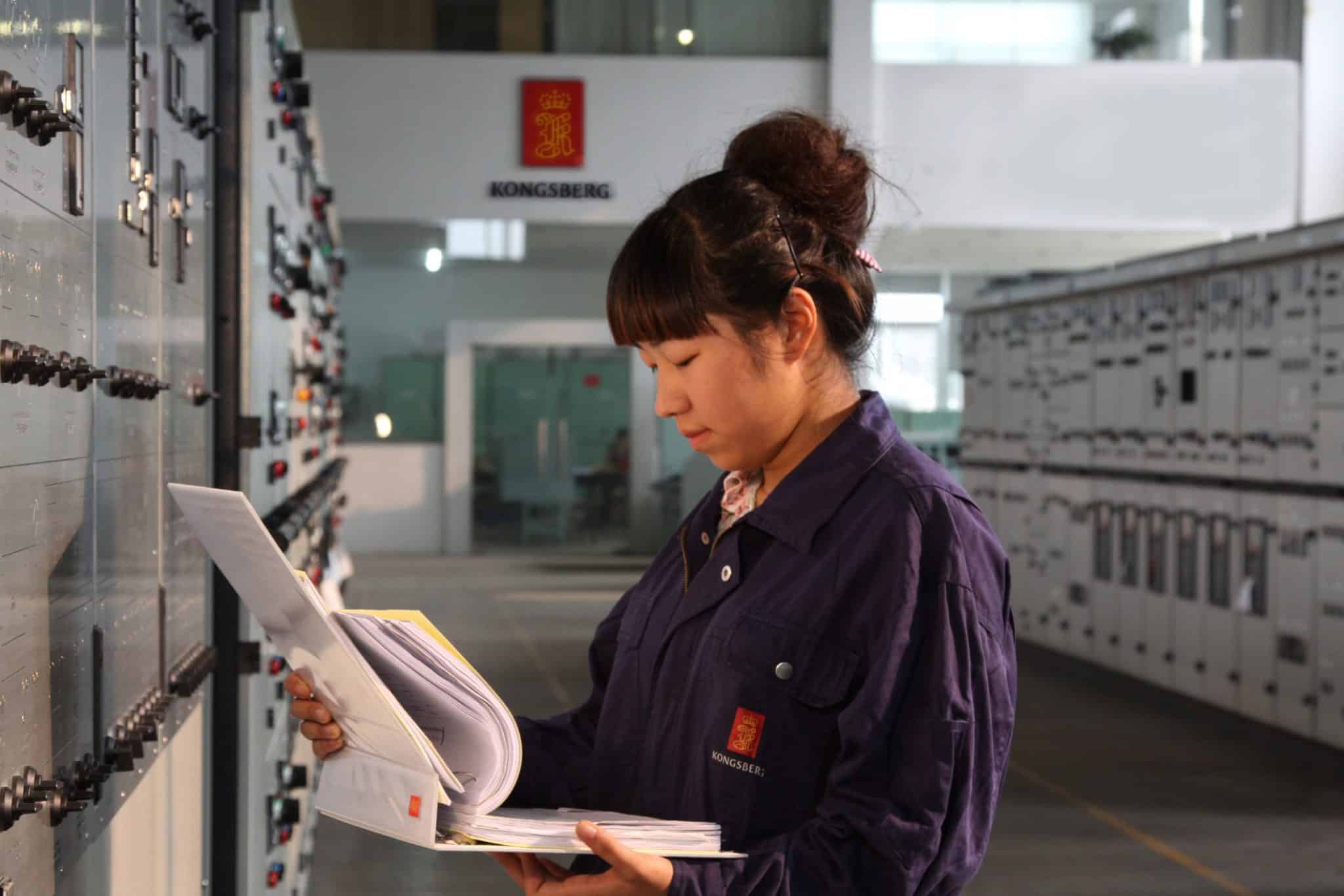
For deck officers, technology has made leaps and bounds in recent years. Nowadays, mates and captains need an understanding of GPS, ECDIS (Electronic Chart Display and Information System), and various other systems. Engineering officers need to know mechanical, electrical, and hydraulic systems. Should some of these systems fail, for some reason or another, mathematical abilities & understanding of the systems, still need to be in place. People with these skills are becoming increasingly scarce offshore. Systems are ever-evolving and advancing, and the people running them need to be able to adapt quickly & efficiently.
Third party contracting individuals & teams are also vital offshore. Anything from a geologist, a marine biologist, or a remotely operated vehicle (ROV) pilot are required.
A common figure thrown around, is that in 20 years time, one-third of the jobs today will no longer exist. However, one-third of the jobs needed by then, haven’t even been thought of yet. Technology will continue to advance, existing sciences will need to adapt or even new sciences started. Who will fill these new roles? Certainly, there will be some that will be able to learn the new skills needed – but it starts now. People in current roles will see a gap that needs bridging, or have a desire to improve or develop something that will change the way we do things.
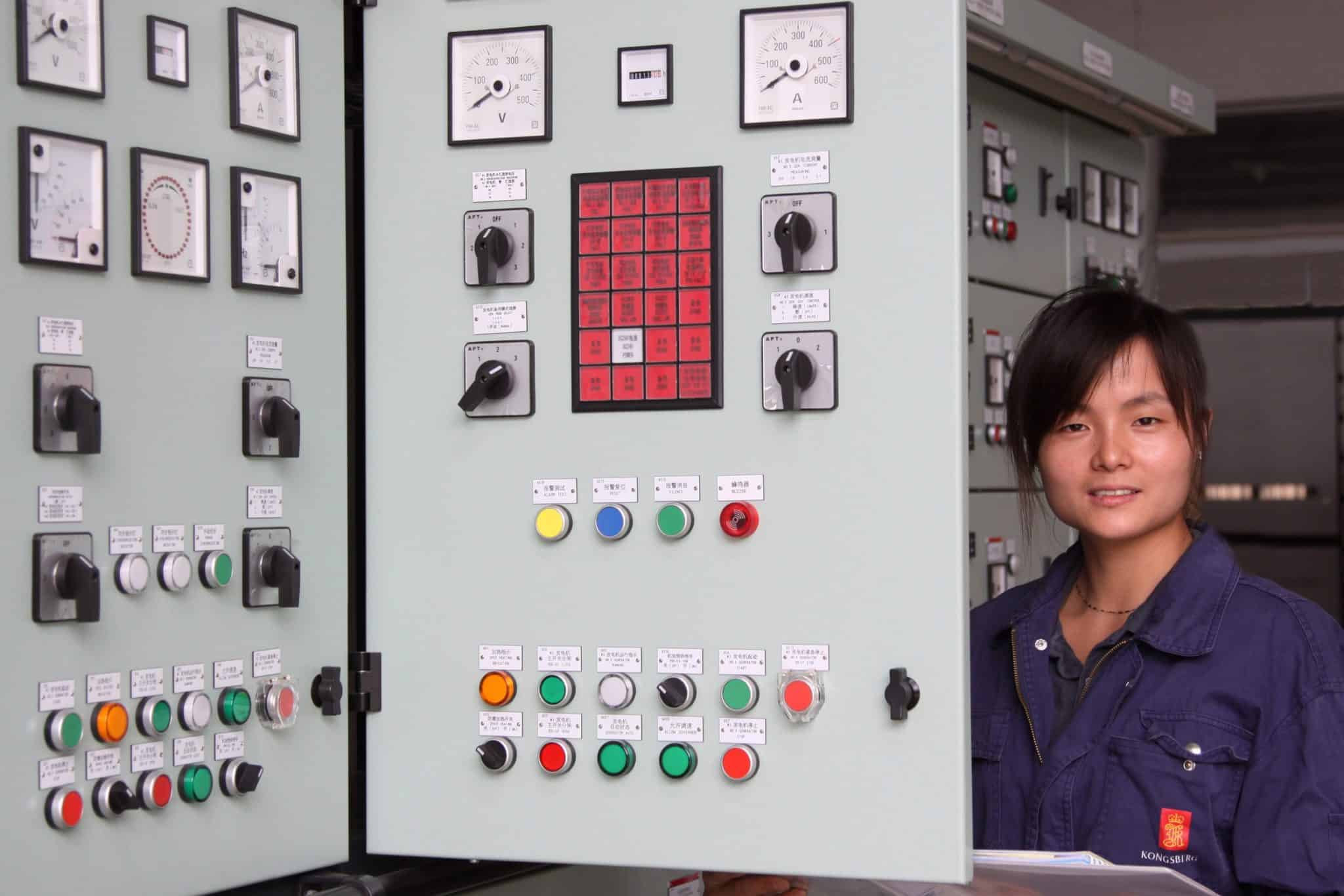 Women are filling an increasing amount of roles offshore. I’ve worked offshore for nine years, mostly international, and have worked with many women. Captains/OIMs (offshore installation managers), chief mates, DPOs (dynamic positioning officers/operators), company men (client representatives), wellsite engineers, fluids engineers – the list goes on – from many countries around the globe (Brazil, Angola, Nigeria, the UK, and the US, to name a few). They aren’t just working in their home country either; many are expatriates, working around the globe wherever they see fit. It is inevitable that more women will fill future roles; perhaps, even, more women will develop the future fields.
Women are filling an increasing amount of roles offshore. I’ve worked offshore for nine years, mostly international, and have worked with many women. Captains/OIMs (offshore installation managers), chief mates, DPOs (dynamic positioning officers/operators), company men (client representatives), wellsite engineers, fluids engineers – the list goes on – from many countries around the globe (Brazil, Angola, Nigeria, the UK, and the US, to name a few). They aren’t just working in their home country either; many are expatriates, working around the globe wherever they see fit. It is inevitable that more women will fill future roles; perhaps, even, more women will develop the future fields.
Photos courtesy of Kongsberg Maritime

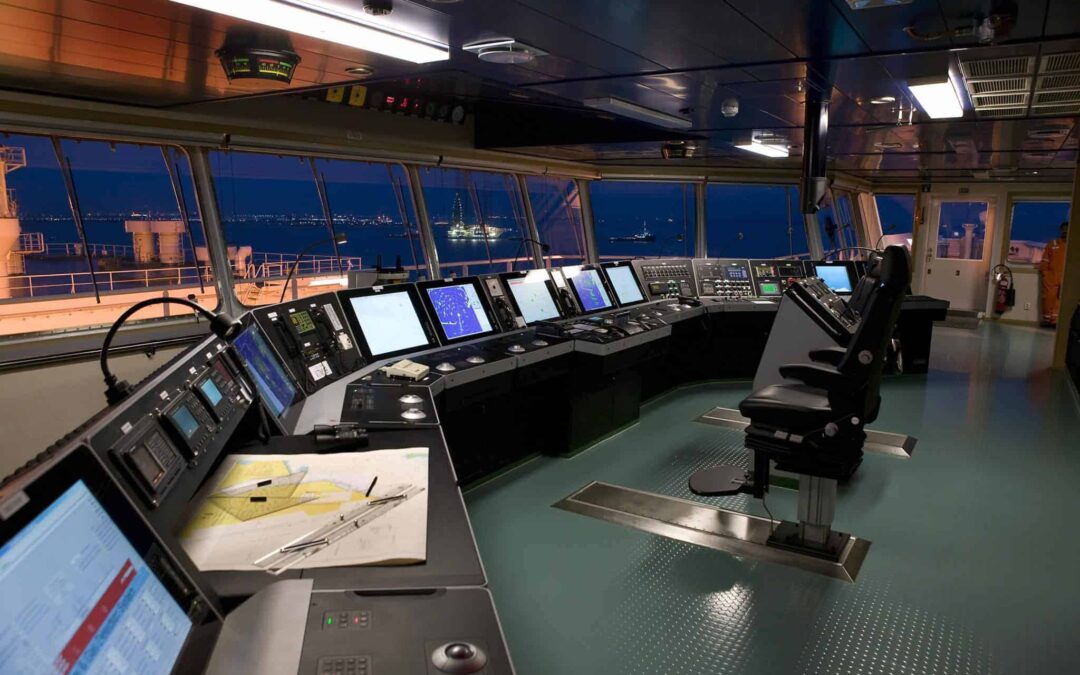
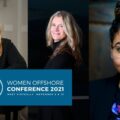

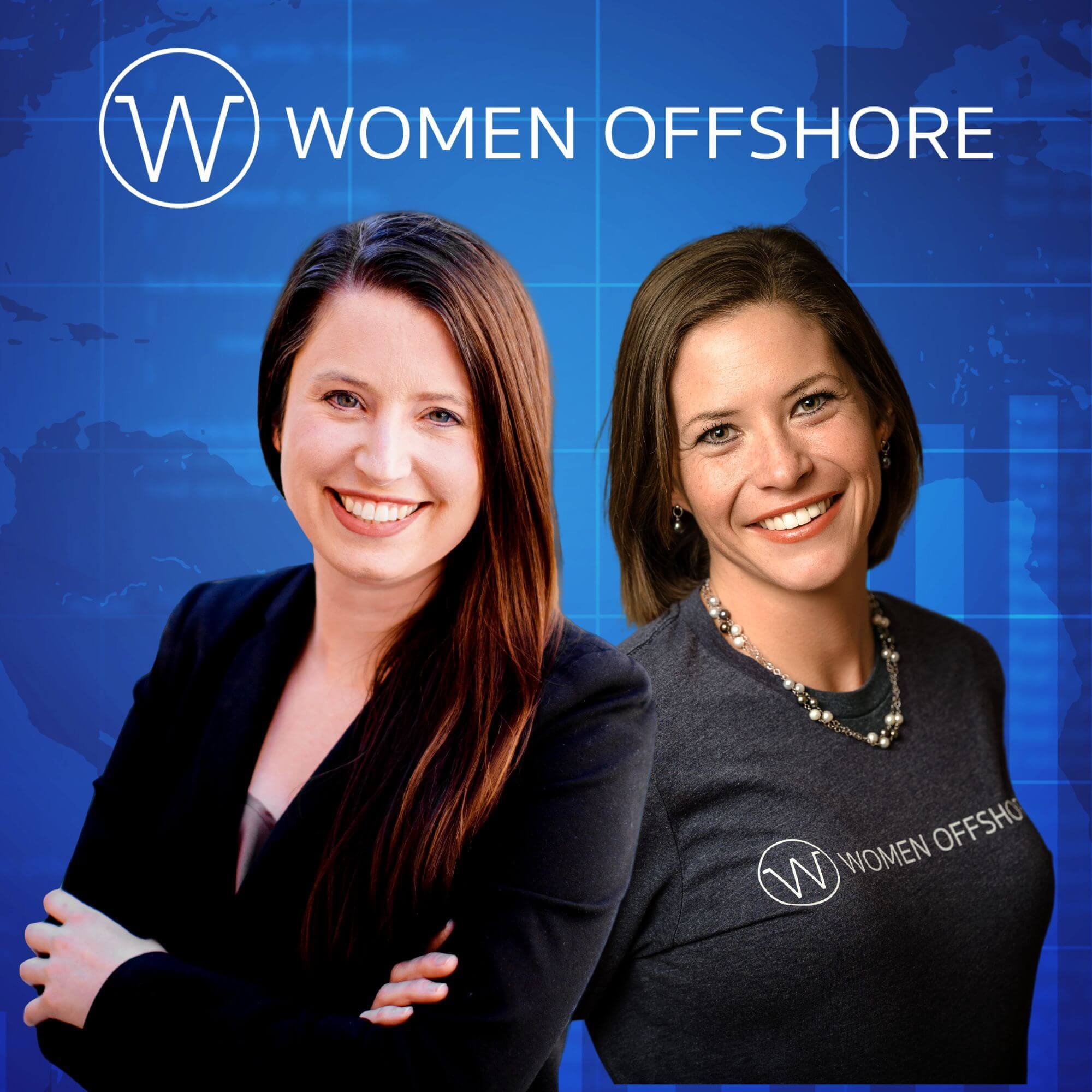


Recent Comments